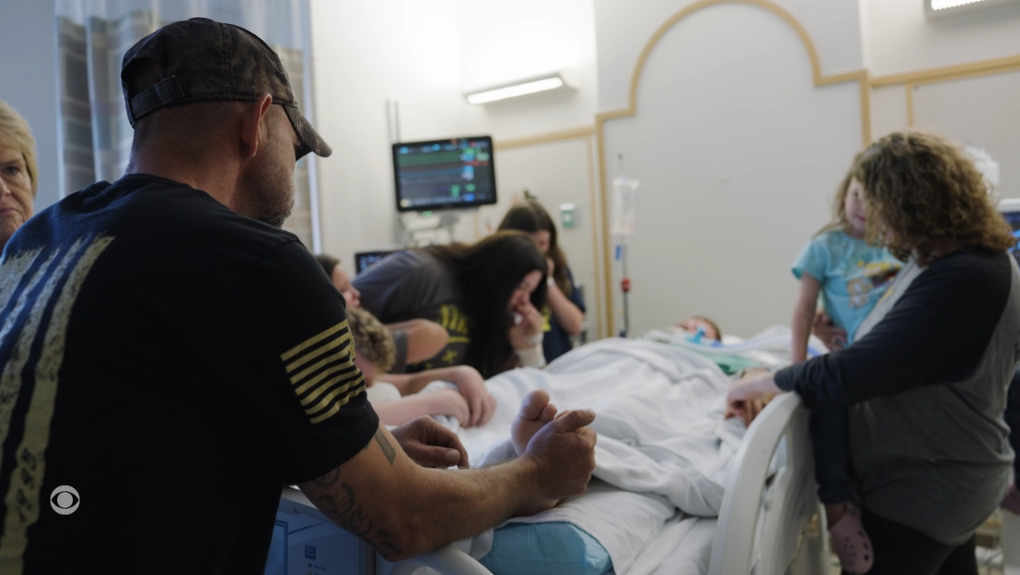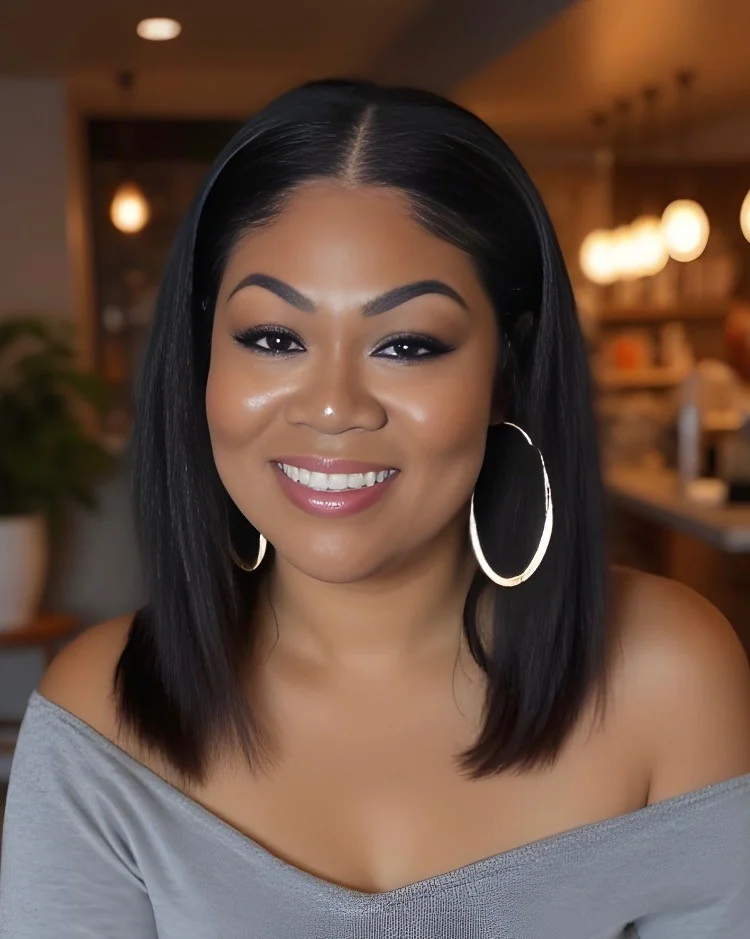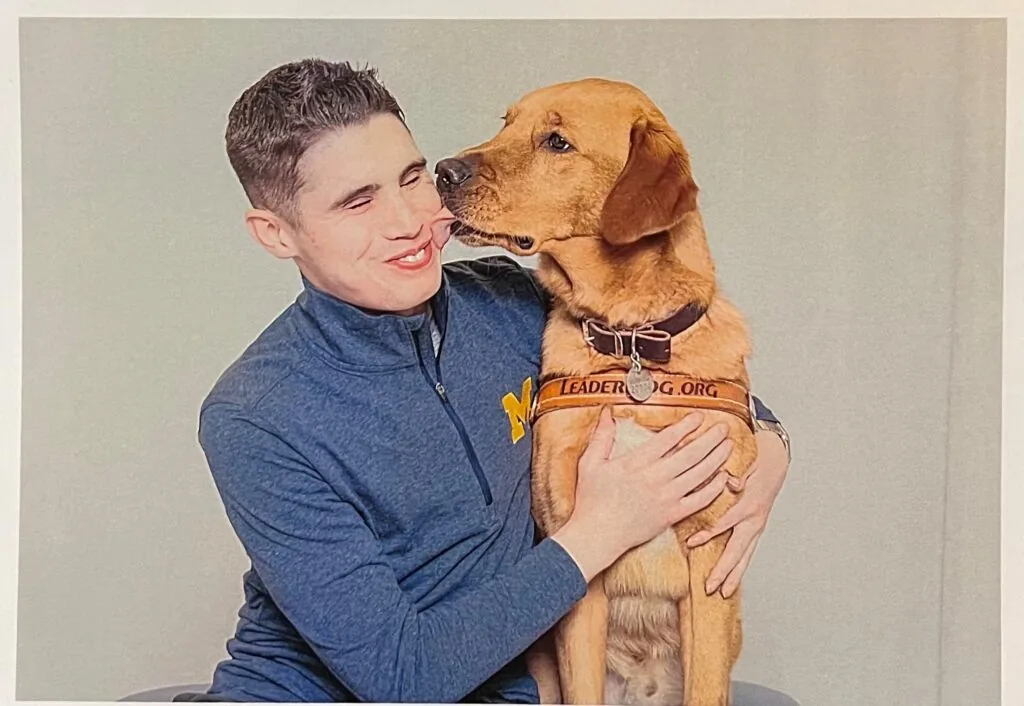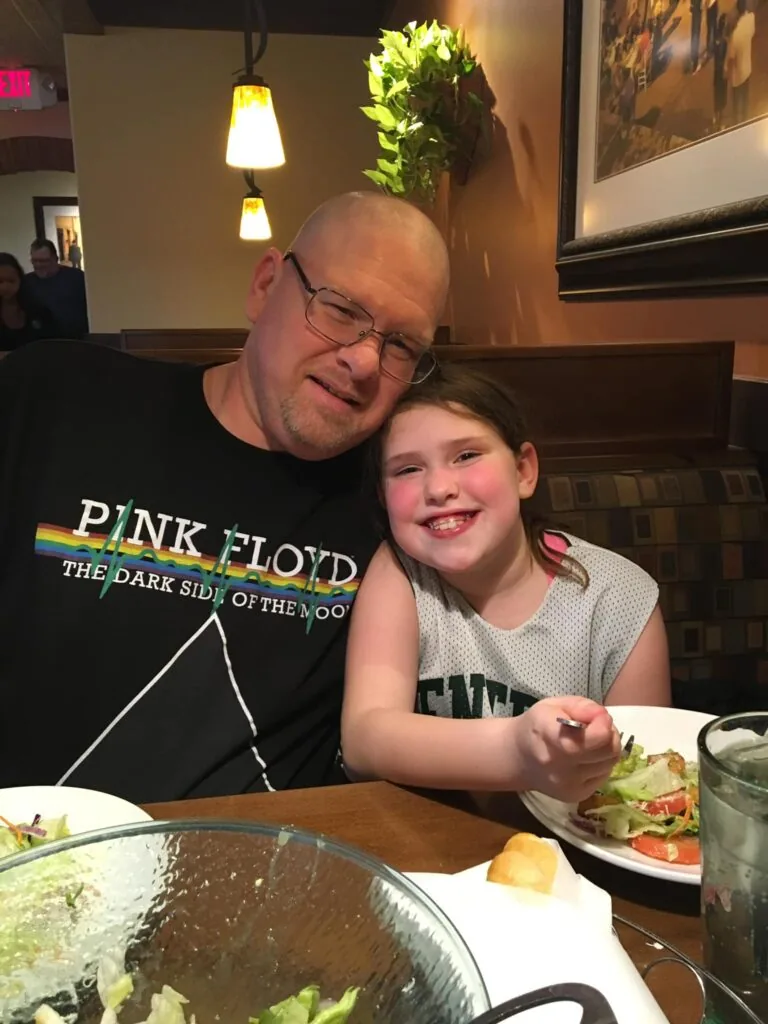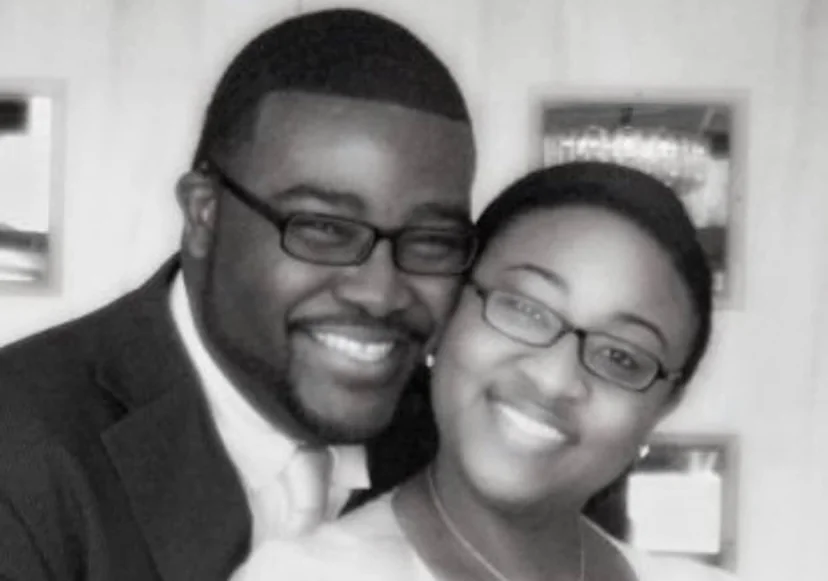Multicultural outreach to feature video testimonies, virtual roundtables and events
Armed with new information and committed to saving and improving lives, Gift of Life Michigan will take its Let’s Talk multicultural outreach into the virtual realm this year.
Gift of Li
fe launched Let’s Talk last year to bring additional focus to the need for minority organ donors, break down misconceptions about the organ donation process and encourage communal conversations about the issue in diverse communities.
“We wanted to reach people in their own neighborhoods,” said Dorrie Dils, CEO of Gift of Life Michigan. “It was important to listen to their concerns and encourage conversation.”
Throughout 2019, Gift of Life hosted dialogue circles in African American, Arabic and Latinx communities, took part in events in those neighborhoods and reached out through social and traditional media. Those dialogue circles reinforced previous research conducted about the shortage of minority donors, including:
- All ethnic groups shared some common myths about organ donation, including a fear that care providers would not work as hard to save their lives if they were organ donors.
- African Americans are reluctant to register as organ donors due to a general distrust of the medical community rooted in historical practices.
- Latinx and Hispanic Americans share that distrust, particularly in the current political climate.
- With Arab American and Muslim populations, the objections are primarily concerned with whether their faith traditions support the concept of organ donation.
- Family and friends play a strong role in defining an individual’s attitude toward organ donation.
- The message is better received if information is provided by a member that represents the community.
“This year, we will expand those conversations and get people involved through virtual discussions and social media engagement in the wake of the coronavirus pandemic,” said Remonia Chapman, Community Outreach Manager at Gift of Life and director of the Minority Organ Tissue Transplant Education Program (MOTTEP). The pandemic also reinforced the need for minority organ donors and the importance of addressing the health disparities that exist.
“This has been a devastating year for so many people,” she said. “If the coronavirus has taught us anything, it’s that we are all interconnected and our message is more important than ever. We are all in this together.”
The need for minority organ donors has not changed. In Michigan, African Americans make up 14 percent of the population, but 34 percent of the patients on the organ donor list. Hispanic and Latinx people make up about 5 percent of the population, but 20 percent of the national organ waiting list.
Let’s Talk 2020 will feature stories of organ recipients and donor families, inspiring video testimonies and online roundtables that address myths, misconceptions and other topics. Events, like the annual LIFEWalk scheduled for July 25, will move into the virtual realm, too.
“We are looking for new methods to engage our communities in this critical conversation,” Chapman said. “By sharing our experiences, we can break through these myths, overcome these obstacles and save more lives.”
Mustafa Sharafi, a 35-year-old Sterling Heights resident who received a new liver when he was just 15 weeks old, said he thinks education is the key. He hopes to provide a living example and to reach out to the Arab American community, who are sometimes reluctant to discuss the issue.
“With a lot of ethnicities and backgrounds, it depends on who you’re talking to and the demographic area,” he said. “I think it’s becoming more accepted; the younger generation is actually starting to understand and be able to say: ‘that could be my family member, my loved one.’ We believe with time energy and patience others can be en route to healthy living and happiness.”
For more information, visit www.golm.org/lets-talk.


